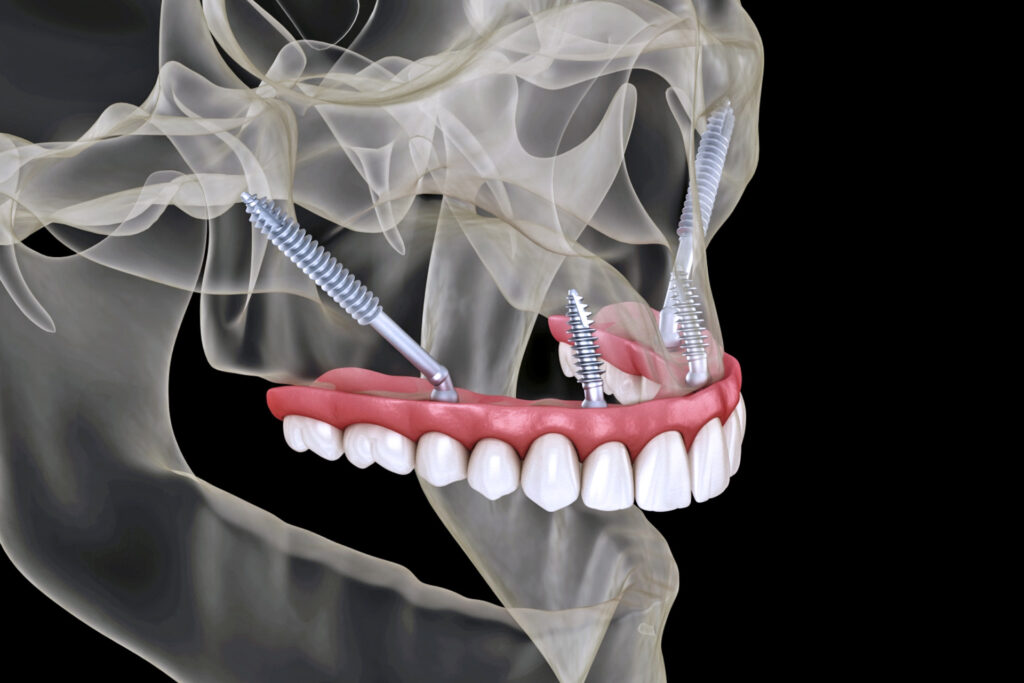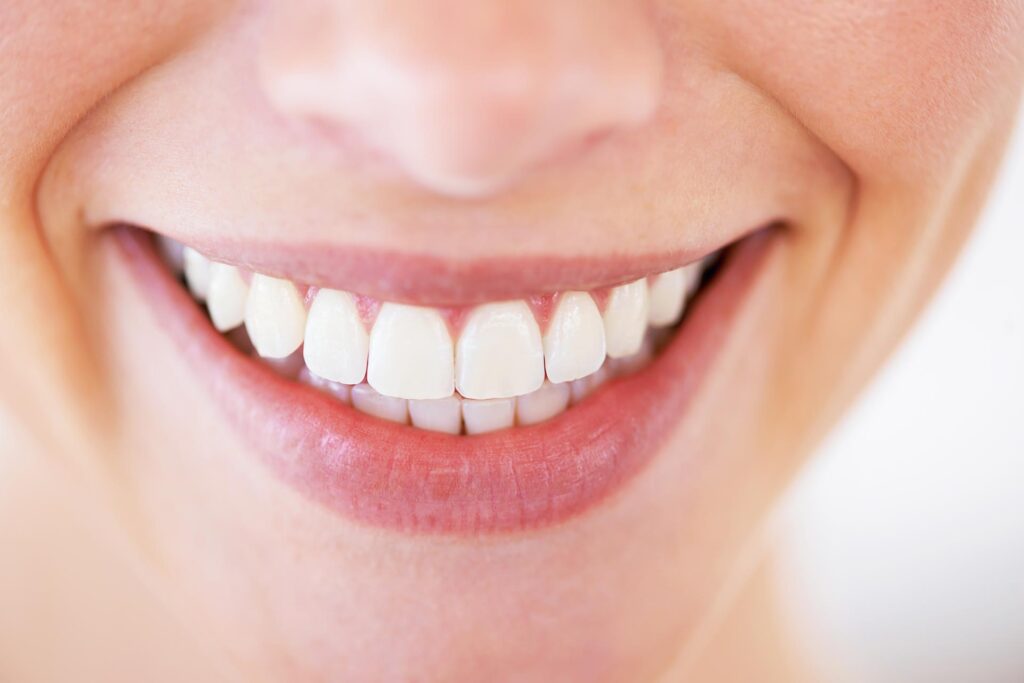
A dental implant procedure offers a permanent solution to the problem of missing teeth. However, since it is a surgical intervention, it is common to experience pain and discomfort in the short or medium term after the procedure. While some patients experience almost no pain, others may experience pain for the first few days or even 1-2 weeks. This varies according to the individual and is often considered a natural part of the healing process.
The most intense pain is usually felt in the first 48-72 hours. Some patients state that “my pain peaked on the second or third day after the operation”. In addition, implants in the lower jaw can sometimes cause more sensitivity. The pain is often described as throbbing or pressure and can be aggravated by walking fast or moving the head up and down. In this process, taking painkillers at the dose and frequency recommended by your physician can make a great contribution to relief.
It is important to take certain precautions to speed up the healing process and minimize possible complications. Rinsing with warm salt water supports tissue healing and reduces the risk of infection. In some cases, your doctor will prescribe antibiotics, which should be used as prescribed. During this period, it is useful to avoid hard and irritating foods and consume soft foods such as soups or purees. If necessary, you can get special care instructions for the suture site from your dentist.
Mild or moderate pain that persists for two weeks is usually considered “normal”. However, if the pain becomes unbearable, is so severe that it wakes you up at night, increases suddenly, or is accompanied by symptoms such as fever and swelling, consult your dentist or an oral surgeon. In some cases, there may be an infection or a problem of implant compatibility with the bone (rejection). Nevertheless, with the right care and check-ups, most patients get through the first weeks without such serious complications.
If additional procedures such as sinus lift or bone grafting have been performed, the pain period may be prolonged. Especially after the implant procedure close to the sinus area in the upper jaw, a feeling of pressure in the face and jaw area is common. This sensation may persist for up to 2-3 weeks. Adequate rest, regular use of the medications recommended by the physician and sharing possible complaints with your physician are decisive for a comfortable recovery.
As a result, the pain after a dental implant usually decreases significantly or disappears completely within a week or two. In the first few days, you may experience throbbing, pressure or pain that interrupts sleep at night. This is usually part of the natural healing process. The important thing is to follow your dentist’s instructions, attend regular follow-up appointments and seek professional support immediately if anything unusual is noticed.





